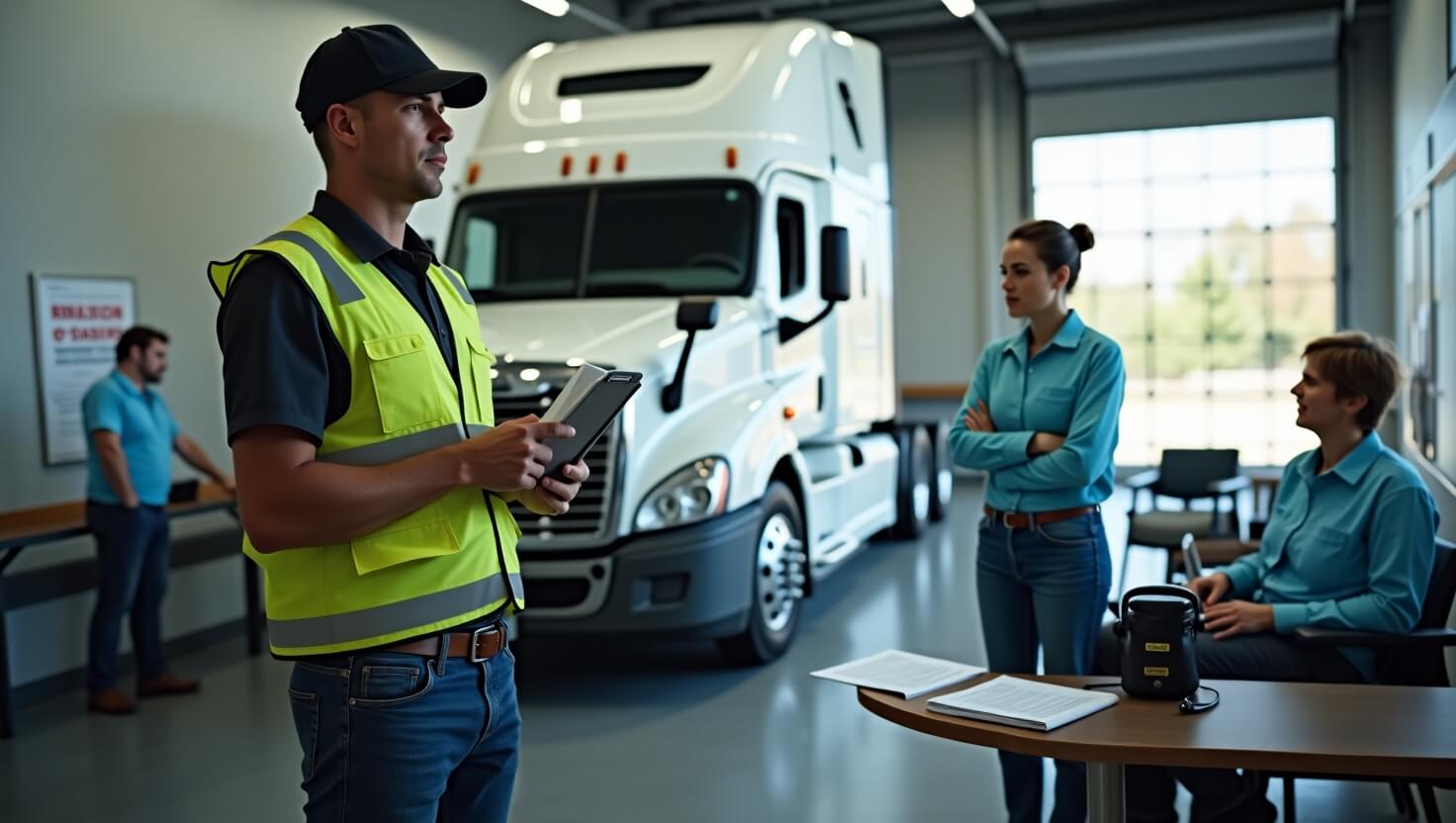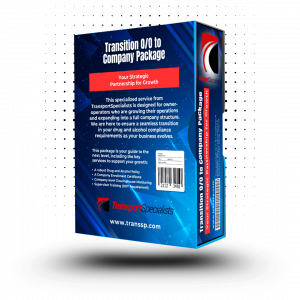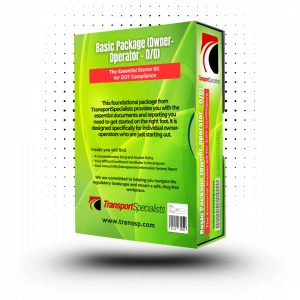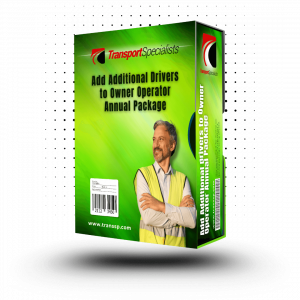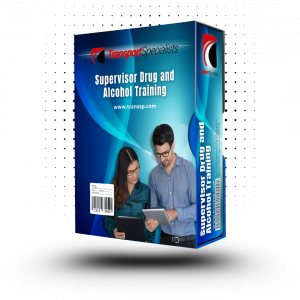Understanding DOT Drug & Alcohol Testing: What Every Driver Needs to Know
At TRANSSP, we know that staying compliant with DOT and FMCSA regulations can be overwhelming — especially when it comes to drug and alcohol testing. That’s why we’ve put together this guide to help you understand what’s required, why it matters, and how to stay on the road legally and safely.
What Is DOT Drug and Alcohol Testing?
The U.S. Department of Transportation (DOT) requires safety-sensitive employees — including commercial motor vehicle (CMV) drivers — to participate in drug and alcohol testing programs. These regulations are enforced by the Federal Motor Carrier Safety Administration (FMCSA) and apply to any driver operating a vehicle that requires a CDL.
DOT drug and alcohol testing is not optional. It’s a legal requirement designed to protect public safety and ensure that drivers are physically and mentally fit to perform their duties.
When Are You Required to Take a Test?
There are several scenarios when drivers must undergo testing:
- Pre-Employment Testing: Before starting work, you must pass a DOT drug test. Alcohol testing is not mandatory at this stage, but some employers may require it.
- Random Testing: All drivers must be enrolled in a random testing pool. At any time, you may be selected for a random test — without prior notice.
- Post-Accident Testing: If you’re involved in an accident, testing may be required depending on the severity and circumstances.
- Reasonable Suspicion Testing: Supervisors trained to recognize signs of drug or alcohol misuse may order a test if they have a reasonable belief that you’re under the influence.
- Return-to-Duty and Follow-Up Testing: If you’ve previously tested positive or refused a test, you must complete a Return-to-Duty process with a Substance Abuse Professional (SAP) and undergo follow-up testing.
What Substances Are Tested?
DOT drug tests use a 5-panel screen that checks for:
- Marijuana (THC)
- Cocaine
- Amphetamines
- Opiates (including heroin and morphine)
- Phencyclidine (PCP)
- Alcohol tests measure blood alcohol concentration (BAC) through breath or saliva.
Why Is This Important?
Failing a DOT drug or alcohol test can lead to serious consequences, including suspension of your commercial driving privileges, mandatory substance abuse evaluation, and job termination. For carriers, non-compliance can result in audits, fines, and increased insurance costs.
Compliance isn’t just about avoiding penalties — it’s about protecting lives and preserving the integrity of your business.
How TRANSSP Can Help
We make DOT compliance simple. Whether you’re an owner-operator or manage a fleet, we offer complete Drug & Alcohol Testing Packages that include:
- Pre-employment and random drug testing
- Clearinghouse registration and monitoring
- Supervisor and employee training
- MIS reporting
- Access to over 10,000 certified collection sites
- Support with Return-to-Duty and follow-up procedures
Our team is here to walk you through every step and ensure that nothing slips through the cracks.
Have Questions About Drug & Alcohol Testing?
We’re here to help. If you need guidance or want to make sure your business is fully compliant, reach out to our team at info@transsp.com.
Let TRANSSP keep your drivers safe, compliant, and on the road.

